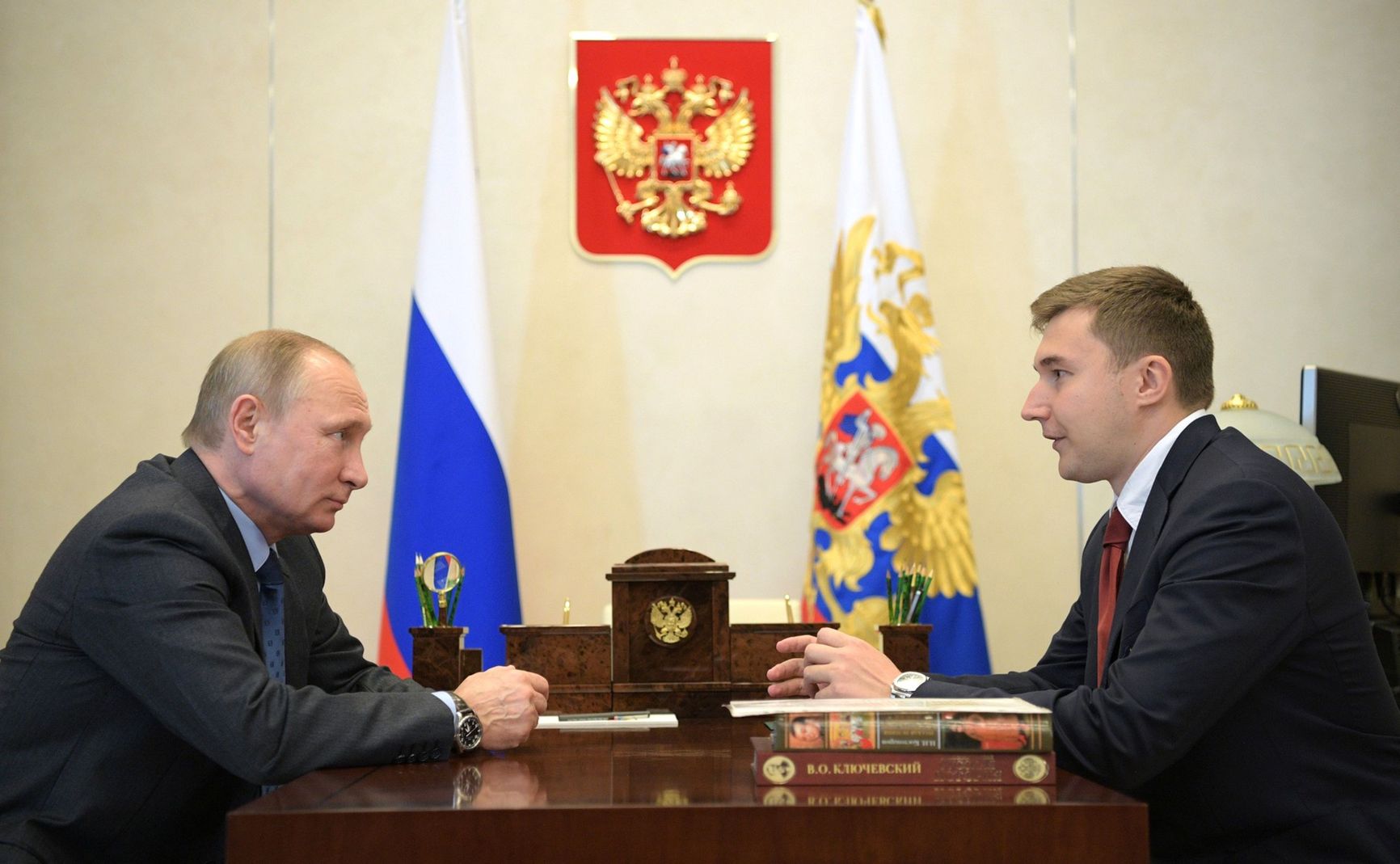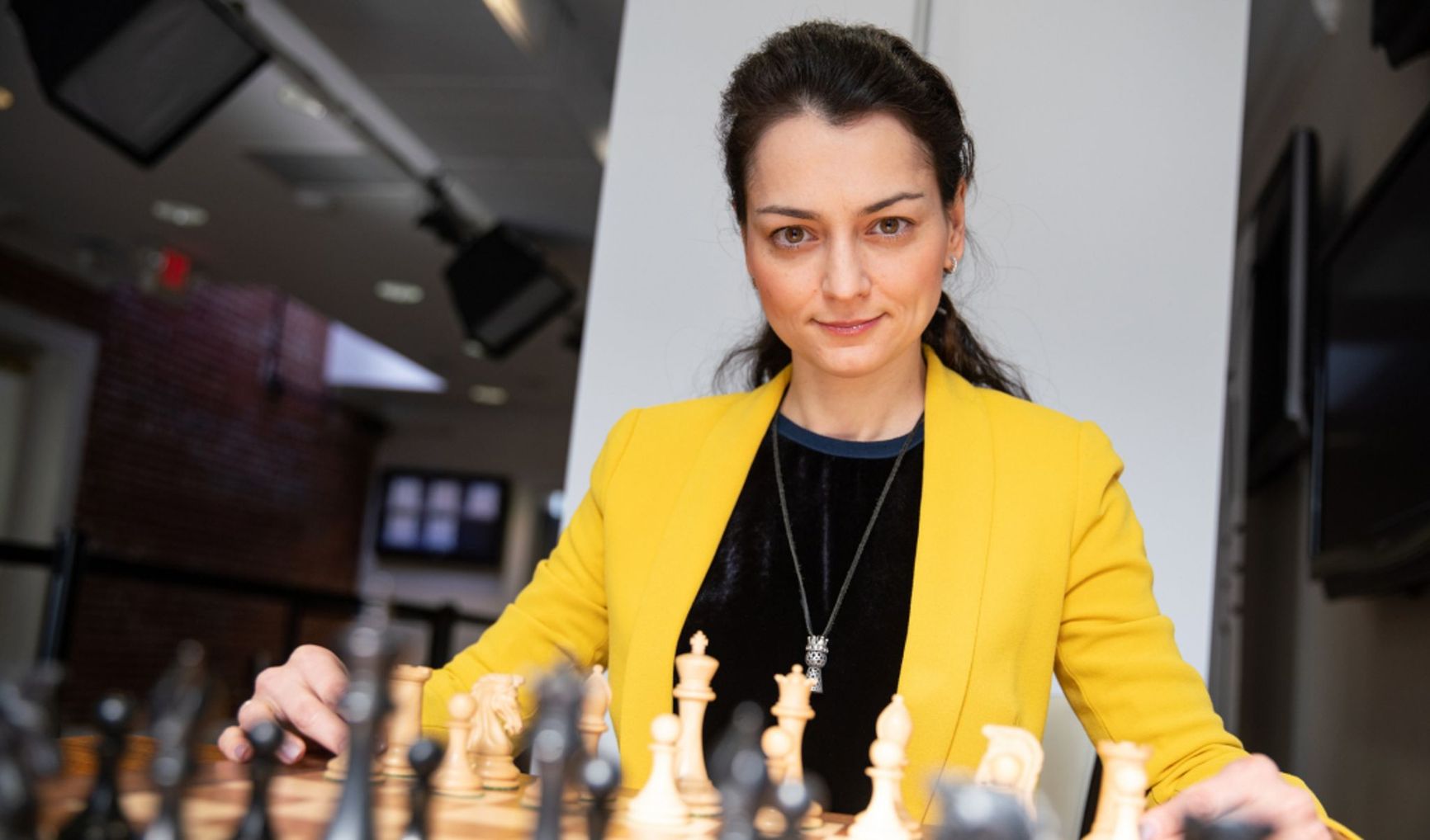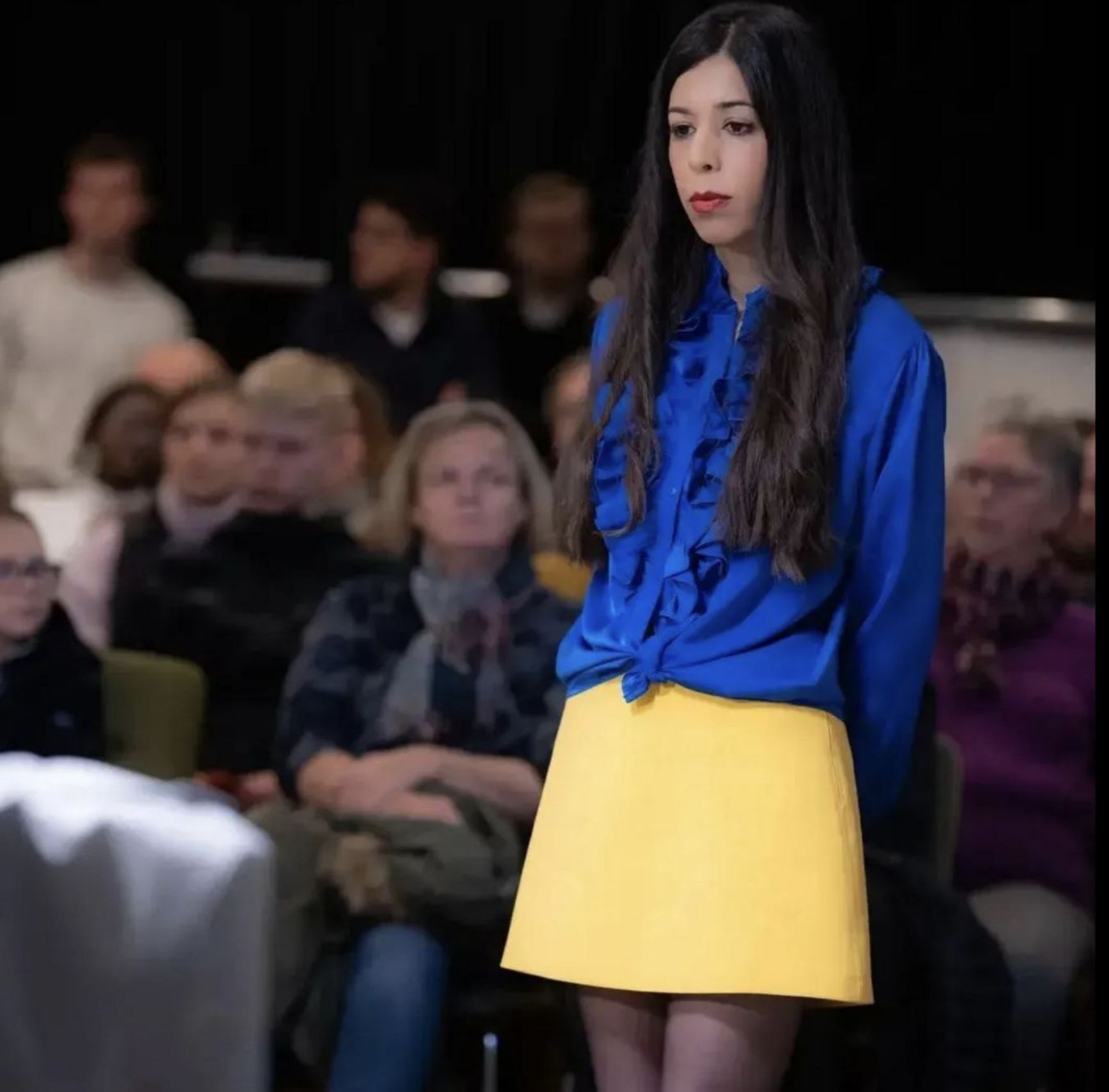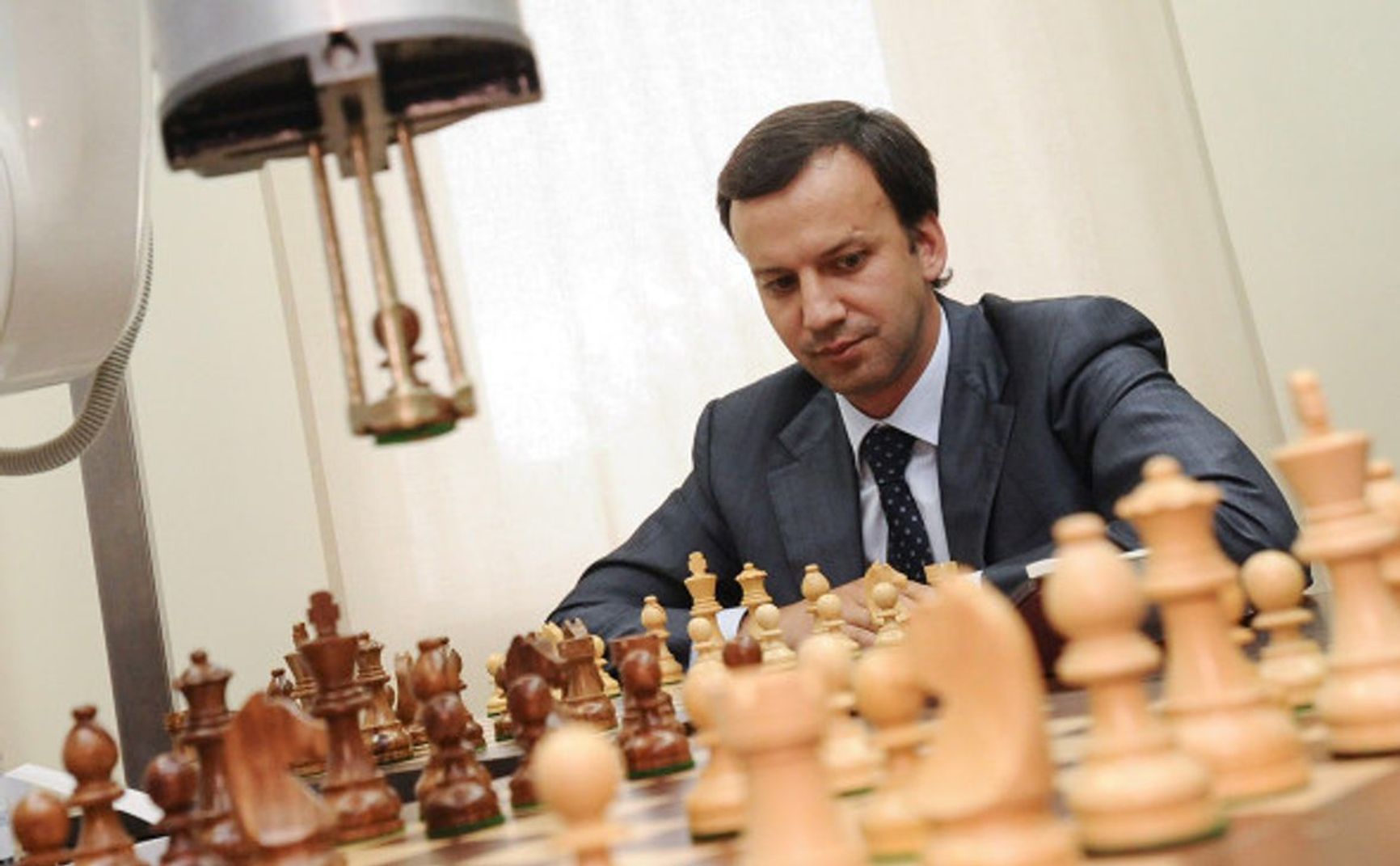In January, the chess community discussed a new scandal: Iranian referee Shohreh Bayat said she was a victim of politically motivated persecution after FIDE President Arkady Dvorkovich suspended her for writing “women, life, freedom” on a T-shirt. The scandal questioned Dvorkovich's legitimacy as president of FIDE and highlighted the politicization of chess. The Russian chess community split immediately after Russia's full-scale invasion of Ukraine. Forty-four signatures, including those of thirty grandmasters, were placed under an anti-war appeal, while Sergei Karjakin wrote denunciations against his colleagues and set up chess tournaments in the occupied regions. Karjakin failed, however, in the Chess Federation elections, and apart from Karpov, none of the prominent chess players were on his side. Grandmaster Igor Glek tells a story of how Russian chess was divided into black and white.
Content
The Karjakin case
A Conflict with FIDE
FIDE and Dvorkovich
Shattered ideals
After February 24, 2022, the chess community in Russia split. In early March 44 chess players published an open letter addressed to Putin. The letter was signed by the recent world championship challenger Ian Nepomniachtchi, 12th women's world champion Alexandra Kostenyuk, eight-time Russian champion Peter Svidler, Andrey Esipenko, Daniil Dubov and many others. “We oppose military action in Ukraine and call for an early ceasefire and a peaceful resolution of the conflict through dialogue and diplomatic negotiations. It pains us unbearably to see the catastrophe that is happening to our peoples these days,” the chess players wrote.
“The Ukrainian chess team is the current European champion, one of the best teams in the world, along with ours. We have played dozens of matches and hundreds of games. We have always put the sporting struggle above politics - and Ukrainians reciprocated. We ask you to give teams, players and ordinary people from both countries a chance for mutual respect. We are for peace. Stop the war!”
The letter cannot be called a mass appeal; many Russian chess players may not have supported the aggression, but they did not dare to express their opinion. For example, the Belarusian chess players behaved in a much more organized and courageous manner in 2020. On the other hand, only a dozen Russian grandmasters openly supported the aggression.
Many Russian chess players may not have supported the aggression, but they did not dare to express their opinions
In addition, as soon as the collection of signatures began, the federation, of course, was pressured from above, and the collection stopped. Over the next few months, grandmasters Dmitry Andreykin, Vladimir Fedoseyev, Alexei Sarana, Daniil Yuffa, Alexander Motylev, and others left Russia. Alina Kashlinskaya and Alexandra Maltsevskaya now play for the Polish team, and Alexandra Kosteniuk is preparing to play for the Swiss team.
A good example of an awakening is Peter Svidler of St. Petersburg. In a lengthy interview, the 46-year-old grandmaster confessed that he was shocked by the way most people in his homeland supported the murderous war and that he was very naïve to believe that it all started only recently.
Peter Svidler admitted that he was shocked by the way most people in his homeland support the murderous war
It is impossible not to mention the multiple world champion Garry Kasparov, one of the most famous opposition leaders and a long-time opponent of Vladimir Putin. The founder of the Free Russia Forum (three anti-war conferences were held in Vilnius in 2022 alone) and one of the active members of the Russian Anti-War Committee (together with Dmitry Gudkov, Sergey Guriev, Mikhail Khodorkovsky, Yevgeny Chichvarkin, and others) still formally ranks as the world's number 2 and Russia's number 1 in “classical chess” (Garry Kimovich, who has been living in the United States and Croatia for 15 years, is still considered a Russian player based on the FIDE rating list).
Like 40 years ago, Kasparov has an ideological opponent in the person of Anatoly Karpov, a multiple world champion and Duma deputy. He became the most titled chess player to support the Kremlin, but he did not speak out immediately, nor was he too prominent, coming under Ukrainian sanctions only in December after the Duma voted to recognize the occupied Ukrainian territories as part of Russia. Then, in December, Karpov also called the anti-war letter “a betrayal of Russia's interests.” And yet the most prominent and visible figure who supported the war was not Karpov, but Sergei Karjakin (10th place in the FIDE Standard Top 100 Players rating).
The Karjakin case
Karjakin supported the war almost immediately, and on February 28 he posted a loyalist appeal to Putin on his Instagram page, in which he stated:
“I address you at this difficult time, when our country, led by you, is fighting for the safety of the peaceful Russian population of Donbass and the Luhansk People's Republic. Fighting for the demilitarization and denazification of Ukraine with its ruling regime, which has put the security of all of Europe and our country at risk in favor of its political goals and ambitions... I express to you, our commander-in-chief, my full support in defending the interests of Russia, our multinational Russian people, eliminating threats and establishing peace. I wish you a speedy fulfillment of all the tasks set before our valiant army.”
Karjakin was condemned by the world chess community and disqualified by FIDE for six months; he could not participate in the Candidates Tournament for a match with the world champion.

Sergey Karjakin being received by Putin
But Karjakin did not stop there. In the summer, on the eve of the elections to the Russian Chess Federation, he launched an denunciation campaign against the leadership of the Federation headed by the current president, Andrei Filatov, a native of the Ukrainian city of Dnipro and a Forbes list member who had headed the Federation for eight years, and against its executive director Mark Glukhovsky, who had moved to Israel and had been performing his duties remotely. Karjakin published his denunciation in his Telegram channel:
“Remember when I wrote that the Central House of Chess at 14 Gogolevsky Boulevard had become a place of residence for chess liberals, similar to the Yeltsin Center? Well, here is more proof that these people are not ashamed of any methods to stay in their cushy position: first they initiate and sign a letter against the SMO, then their leadership does everything to keep this from becoming public knowledge, they are quietly sitting out the hard times in warm countries in order to get back in time to grab their slice of the “pie.” They arrange a provocation at our press conference with A.E. Karpov, where they insult not only me, but also the outstanding 71-year-old multiple world champion, a deputy of the State Duma, who is recovering from a severe health issue - this is beyond good and evil. And it is these people who will be responsible for organizing and counting the votes at tomorrow's Chess Congress, which is closed to journalists, allegedly due to the lack of room in the Congress hall.”
Karjakin attacked not only Filatov, but also the Russian grandmaster Ian Nepomniachtchi (third place in the FIDE rating), reproaching him for his anti-war letter and the fact that he used to participate in tournaments financed by Russian state-owned companies (apparently, in Karjakin's frame of reference, this means that Nepomniachtchi must always and in everything support the state policy). Karjakin also stated that he has not been in contact with Nepomniachtchi since the start of the war (which Karjakin refers to as SVO).

Karjakin and Nepomniachtchi before parting ways over politics
The opinion of many Russian chess players about Karjakin's behavior was expressed by Alexandra Kostenyuk, grandmaster and the twelfth women's world chess champion, via her Twitter account:
“Sometimes it's very hard not to use swear words. Sergei, wake up! Stop groveling, gloating, dancing on bones, and slandering. We've all seen what kind of patriot you are. You'd better stick to playing chess.”

Alexandra Kosteniuk
Before the election, Karjakin met with high-ranking government officials, including Sergei Lavrov, and prepared a whole program of chess activities in the Russian-occupied and annexed regions of Ukraine. The reaction of Russia's leading chess players was negative. For example, former vice world champion and three-time world blitz champion Grischuk promised to break off relations with FIDE if Karjakin won.
Karjakin met with high-ranking government officials, including Sergei Lavrov, and prepared a whole program of chess activities in the Russian-occupied regions of Ukraine
However, the election result was symbolic for the current chess community - incumbent Andrei Filatov confidently won the election by 58 votes to seven.
A Conflict with FIDE
The latest chess-political scandal involving Russian chess functionary Arkady Dvorkovich occurred because of Iranian women's fight for freedom. The Iranian Shohreh Bayat removed her hijab at the women's match of the 2020 world championship and did not return to her native country. Shohreh received a residence permit in London, began representing Great Britain in the rantings, and took a high position as a FIDE referee.
However, when Shohreh Bayat appeared at the Fischer Championship in October wearing a T-shirt with the protest slogan “Women. Life. Freedom,” Dvorkovich demanded that she change her attire and ordered the chief arbiter to bar referees from wearing such clothing during matches. Shohreh demanded a written order, but it never came. Then Shohreh changed her attire and came to the next match wearing a yellow skirt and a blue blouse, the colors of the Ukrainian flag.

Shohreh Bayat at the FIDE tournament
Shokhra was absent from the recent Rapid and Blitz championships in Kazakhstan. Because of her confrontation with Dvorkovich, she was kicked out of the commission of referees and not allowed to take part in the championships. Meanwhile, the T-shirt of the Iranian referee's T-short bore no indication to any specific country, only a human rights slogan. The FIDE Charter (Art. 4.3) explicitly stipulates the need to respect and protect internationally recognized human rights.
“After his successful re-election, President Dvorkovich is again focused on Russia's interests, and Iran is one of Russia's few allies,” Bayat says. Her statement, “the FIDE president is a pawn of the Kremlin,” was the title of a recent interview with the German Süddeutsche Zeitung. On Twitter, Bayat wrote: “Some FIDE officials, including directors and Board members, sent me their apologies and said: 'Don't let Arkady upset you.”“
FIDE functionaries refrained from official comments, although one would expect a more effective press service from such an organization, which unites the national federations of almost two hundred countries.
FIDE and Dvorkovich
Arkady Dvorkovich, a former deputy prime minister and, in recent years, head of the Skolkovo Foundation, headed FIDE in 2018, succeeding another Russian, Kirsan Ilyumzhinov. Dvorkovich is the son of the famous chess referee Vladimir Yakovlevich Dvorkovich, who worked for Kasparov in the Professional Chess Association.
On the one hand, Arkady Dvorkovich seemed to have publicly condemned the war with Ukraine. On the other hand, he remained chairman of the Skolkovo Foundation for some time after the war began. Many considered his actions an attempt to sit on two chairs, although in Russia he was attacked on television by the deputy Khinshtein on the show hosted by his friend, the odious propagandist Vladimir Solovyov (who stood up for DvorkoTV vich). United Russia General Council Secretary Andrei Turchak called for Dvorkovich's dismissal as director of the Skolkovo Foundation for “high treason,” and eventually Dvorkovich had to step down.
In Russia, Dvorkovich was attacked by the deputy Khinshtein on the TV show hosted by his friend Vladimir Solovyov
With Dvorkovich at the head of FIDE the federation's leadership was significantly renewed, and FIDE's position, primarily financial one, strengthened substantially compared to Ilyumzhinov's reign. In the summer of 2022 another World Chess Olympiad was supposed to take place in Moscow through Dvorkovich's efforts, but because of the war it was postponed, of course, to one of India's largest cities - Chennai. Even before Moscow, the Olympiad had been planned in Minsk, but in October 2020, the leadership of the protest-ridden Belarus rejected it, and the president of the Belarusian Chess Federation, Anastasia Sorokina, who, along with other athletes, had signed a letter against Lukashenko, was forced to leave the country.

Arkady Dvorkovich
At the same time, elections were held in FIDE, where Dvorkovich's opponent was Ukrainian grandmaster Andrei Barishpolets, who lives in the United States.
Although there were many questions for Dvorkovich as a Russian who had previously held high positions in the Russian government, while FIDE itself had been mainly sponsored by Russian state-owned and private companies, including those under sanctions, Dvorkovich confidently won by 157 votes to 16. In general, all these years FIDE was and still is characterized by a certain conservatism, so reforming it is not so easy.
Shattered ideals
A cursory glance, especially from inside Russia, might give the impression that little has changed in Russian chess since the war began. There are adult and children's competitions, national team matches and championships. But the national teams of Russia and Belarus were not allowed to participate in the most prestigious tournament, the World Chess Olympiad. The Russian and Belarusian chess players must now compete under the FIDE flag and not under the flag of their countries at the FIDE and European Chess Union competitions. Russia's transition from the ECU to the Asian Chess Confederation is being discussed.
It would probably be only logical to finish this piece with the phrase uttered by the former world champion Alexandra Kosteniuk in an interview with Switzerland's WOZ:
“My whole life and my ideals are shattered. But I don't want to cut ties with Russia. For me Russia means people, language, my roots, culture, and it is impossible to cut it all out of my life. I hope that one day everything will return to normal.”
